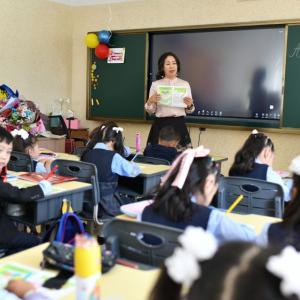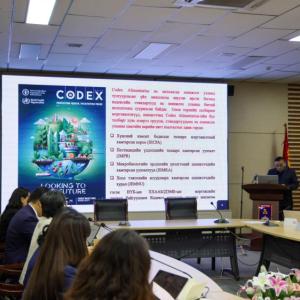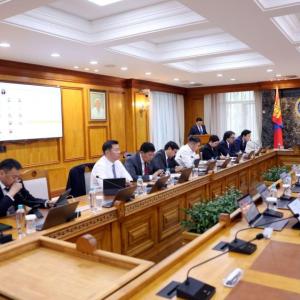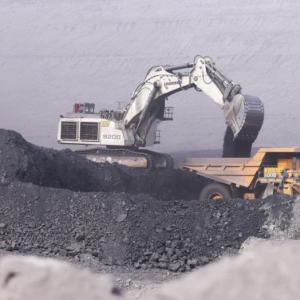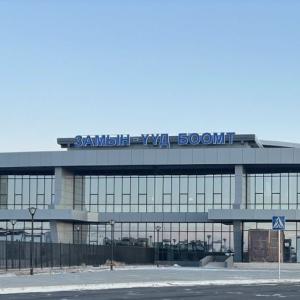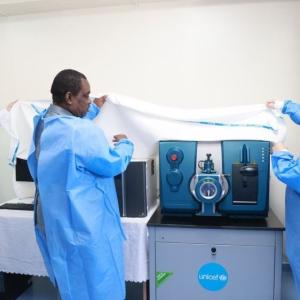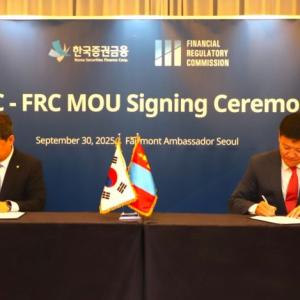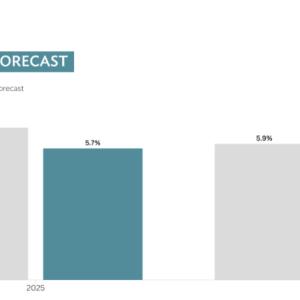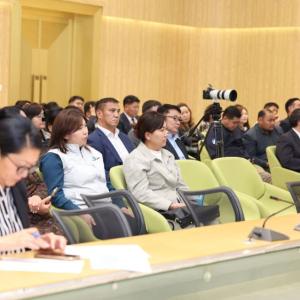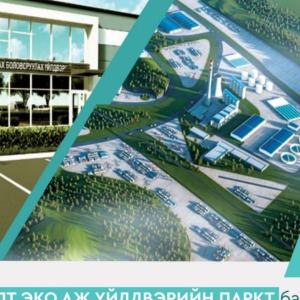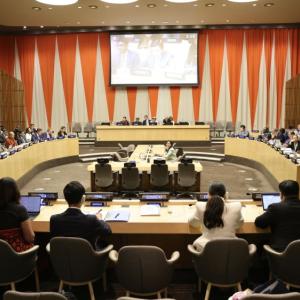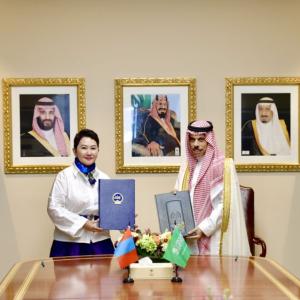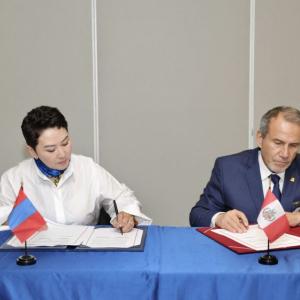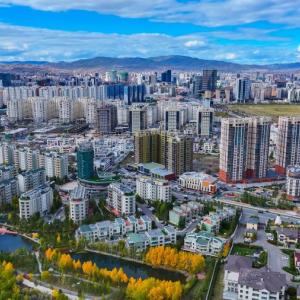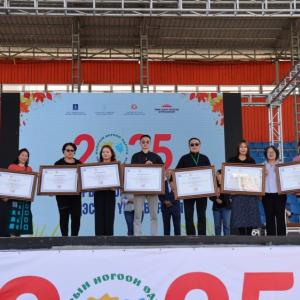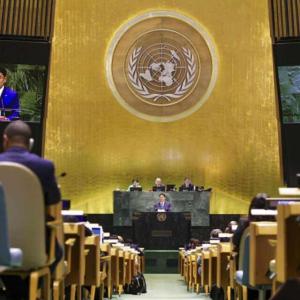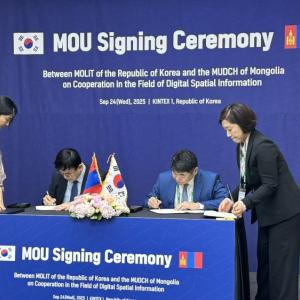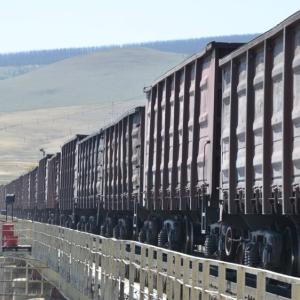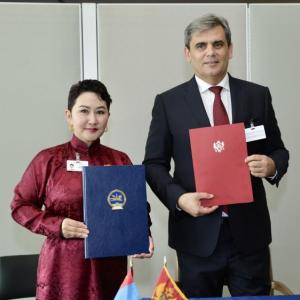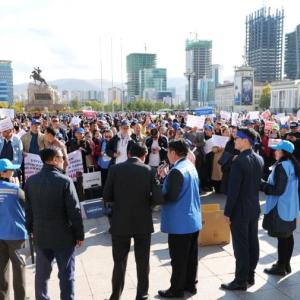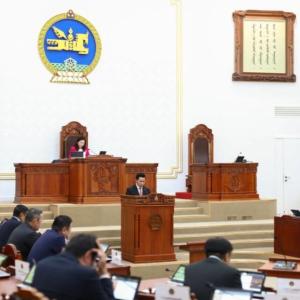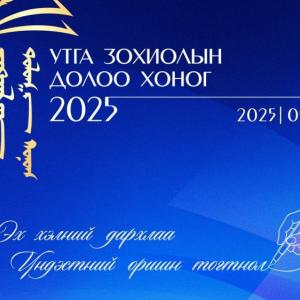Mongolia's 2020 growth outlook dims due to COVID-19
Economy
Ulaanbaatar/MONTSAME/. Mongolia’s economic growth is
expected to fall sharply in 2020 because of the novel coronavirus (COVID-19)
pandemic but rebound in 2021 as the outbreak subsides, says a new report by the
Asian Development Bank (ADB) released today.
In its Asian
Development Outlook (ADO) 2020, ADB projects Mongolia’s economic growth to
drop to 2.1% in 2020 compared to the 5.1% growth rate recorded in 2019 before
rebounding to 4.6% in 2021. ADO is ADB’s flagship annual economic
publication.
“Mongolia enjoyed a solid economic recovery in the past three years, but the COVID-19 outbreak presents a significant challenge due to the impact on global and regional economic conditions,” said ADB’s Country Director for Mongolia Pavit Ramachandran. “As Mongolia moves forward, it will need to do its best to ensure that vulnerable people affected by the economic situation are supported while retaining a close eye on macroeconomic fundamentals and financial stability.”
Reduced demand for raw materials and lower commodity prices
caused by the slowdown in the People’s Republic of China (PRC), and now the
COVID-19 outbreak, will reduce exports of coal, copper, iron ore, zinc, and
crude oil, pushing growth down further. Growth will recover as growth rebounds
in the PRC and trade tensions and COVID-19 concerns ease, allowing recovery in
exports and domestic demand.
The COVID-19 outbreak likely means that record expenditure
planned under the 2020 budget will not be realized, so contributions from
government consumption and investment to growth are expected to decline.
Private consumption will be lower in 2020 because of COVID-19 and the lagged
effect of consumer credit restrictions imposed in 2019. Net exports will
continue to drag on growth as exports fall.
In 2020, the current account deficit is projected to widen,
mainly on an expected decline in merchandise trade surplus as exports fall, the
terms of trade deteriorate, the economic slowdown continues in the PRC, and
negative spillover materializes from COVID-19. The deficit will narrow somewhat
in 2021 as these effects wane.
Average inflation rose to 7.3% in 2019 but will moderate to
6.6% in 2020 as the economy slows. However, it is forecast to reaccelerate in
2021 and approach the central bank target on rising demand and economic
activity as the effect of COVID-19 on growth fades and the delayed impact
of togrog depreciation is realized.
Several downside risks loom on the horizon. Deeper and more
prolonged consequences from COVID-19 may cause even lower growth in 2020 than
projected, raise unemployment, and impose major pressures on the balance of
payments and the fiscal position, making investors less willing to take on
Mongolia’s debt and engendering a liquidity problem for the banking system. In
addition, household indebtedness could worsen the risk exposure of nonbank
financial institutions. Asset quality in the banking system could be
jeopardized, causing a credit crunch with adverse effects on economic activity.
ADB is committed to achieving a prosperous, inclusive,
resilient, and sustainable Asia and the Pacific, while sustaining its efforts
to eradicate extreme poverty. Established in 1966, it is owned by 68 members—49
from the region.
Source: ADB

 Ulaanbaatar
Ulaanbaatar





